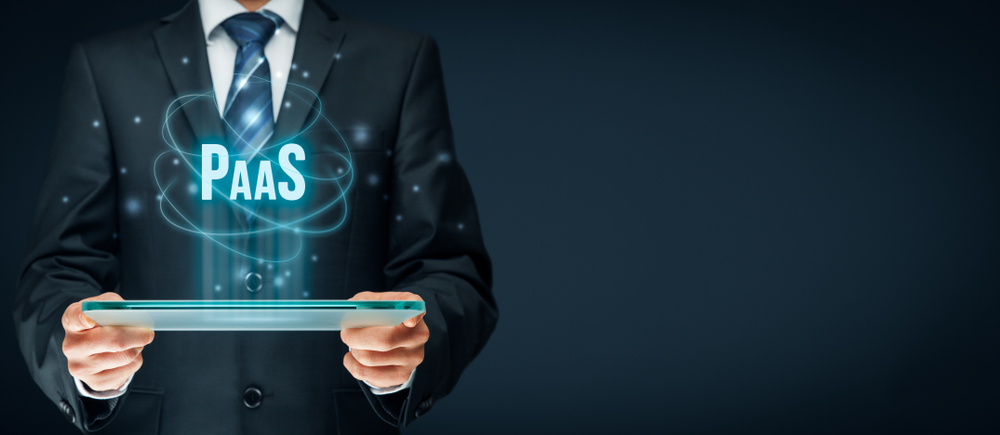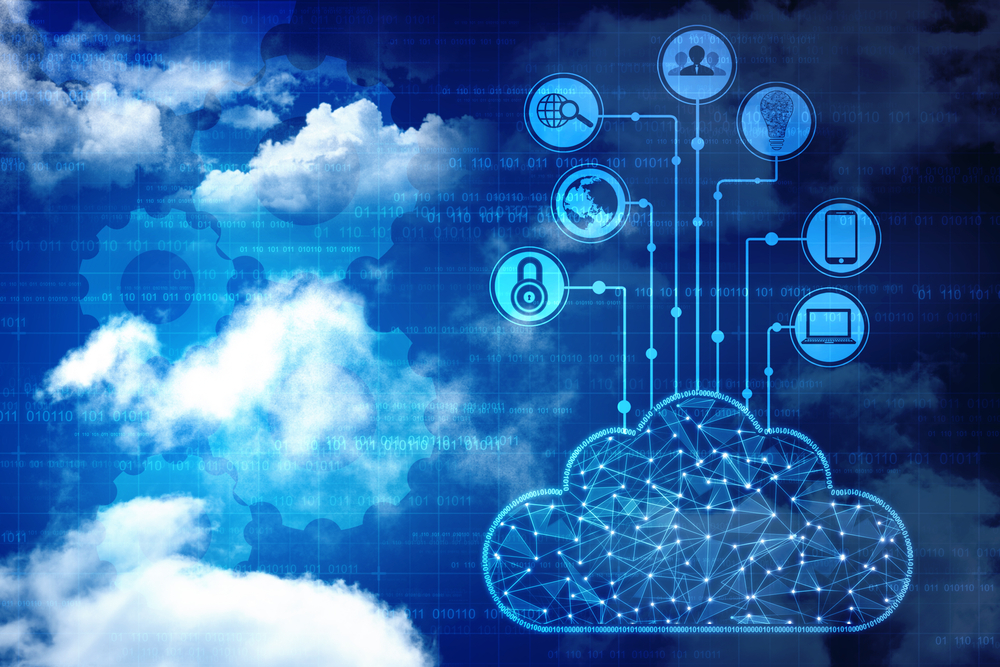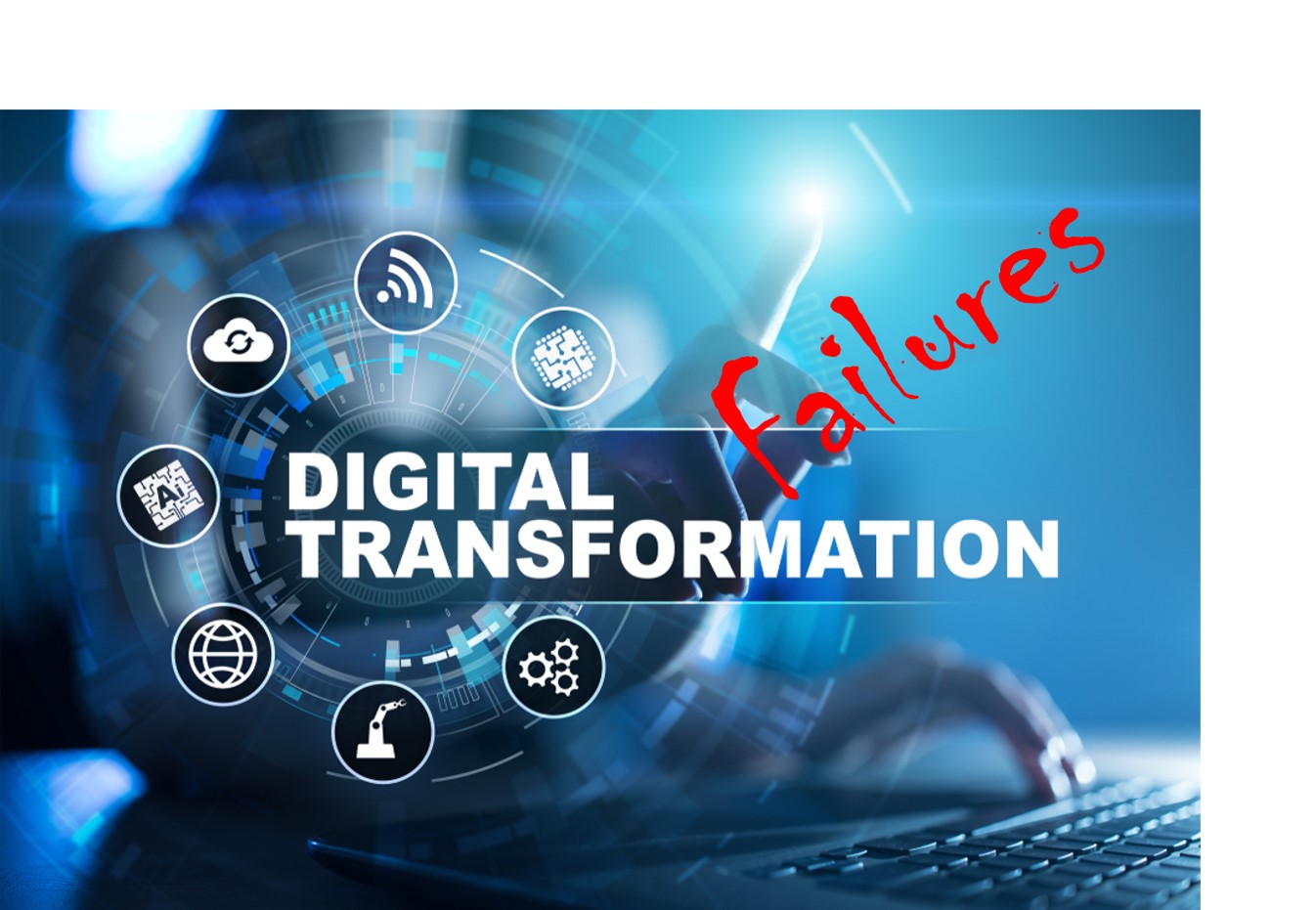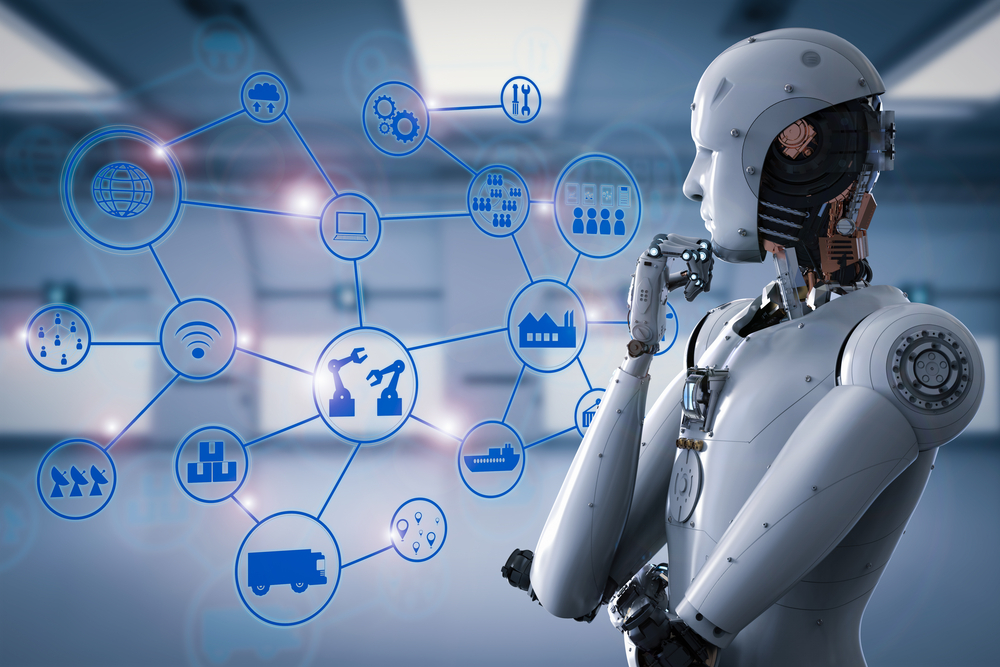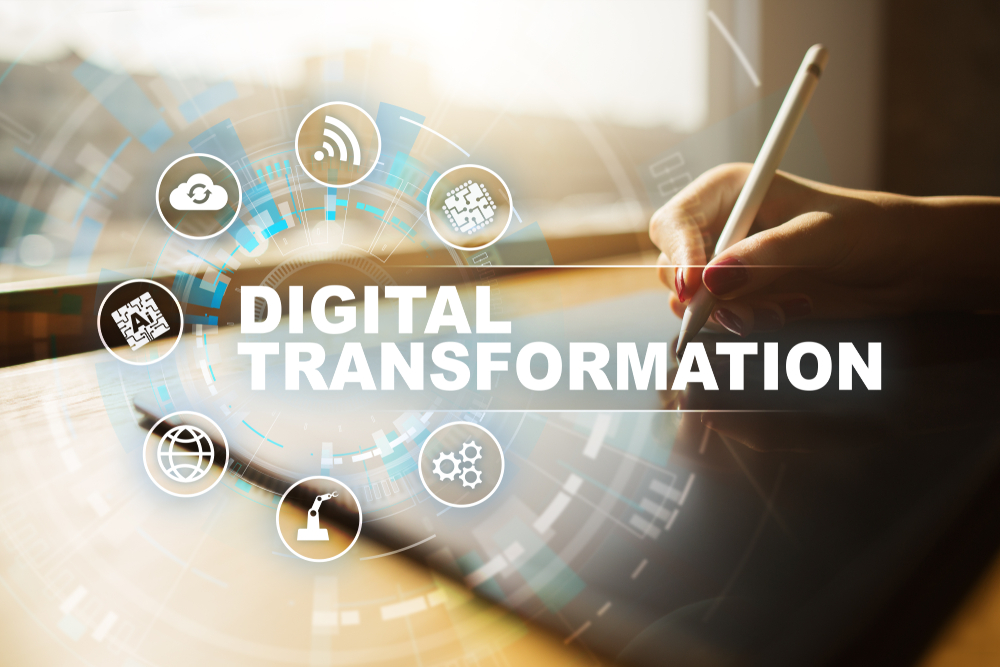Announcing my book: Digital Transformation using Emerging Technologies
I am super thrilled to announce the release of my book! An idea that I floated around back in December of 2019 with a friend is close to becoming a reality. 2020 and 2021 were tough for many of us on professional and personal fronts and it is no different for me. I struggled to balance between a demanding full-time job, part-time teaching, thinking, and worrying about an ailing family member, taking care of my two young kids, and working on this book. Many long weekends, sleepless late nights, early mornings, and countless calls and emails have gone into getting this book to the current state where it is almost ready for publication. The book will be available both as an eBook and a printed version on June 25th, 2021.
If you are in a CxO role (CIO, CTO. CDO, et. al) for your organization and are responsible for the Digital Transformation of your organization, then this book is for you. However, we don’t want to limit the readership to just the CxO since we also believe that other IT roles such as Senior Directors, Directors, IT Managers, and Solution Architects will also benefit immensely from this book.
It can be used as a reference guide by the CxO to understand the basic concepts of Digital Transformation along with the fundamentals of various key emerging technologies including Cloud Computing, Machine Learning, Artificial Intelligence, the Internet of Things (IoT), and Blockchain. The book provides examples of services and tools from Microsoft Azure Cloud to help you understand how to harness these technologies to enable your digital transformation scenarios. Although we have used Azure Cloud to highlight Microsoft services and tools and highlight customer stories, all these can be replaced with Amazon’s AWS or Google Cloud’s services and tools since all the top Cloud providers offer compatible Cloud services with some nuances.
This book does its best to describe all the fundamentals of any topic including the What, Why, Who, and the How elements of the topic at hand. To make this book relevant to our targeted readers, we have also created and brought in content that is appreciated by our targeted audience. Throughout the book, we have included relevant industry statistics, expert opinions, business use cases, and customer stories.
I have spent 15 years at Microsoft in different cloud-based businesses including Microsoft 365, Azure, Dynamics 365, and have seen how the cloud has evolved and transformed the industry in the last 15 years. Along with offering the core cloud services for various service models including Software as a Service (SaaS), Infrastructure as a Service (IaaS), and Platform as a service (PaaS) most of the cloud providers now also offer many new emerging technologies through their cloud services. Key emerging technologies such as Machine Learning, Artificial Intelligence, the Internet of Things (IoT), and Blockchain are now offered by all the top Cloud services providers. I have seen how Microsoft Cloud services have helped evolve and transform organizations big and small via their Azure Cloud offerings. So, I decided to convert my experience at Microsoft and the courses I teach for the graduate MSIM program in the Information School at the University of Washington into this book.
Since this book was born from the graduate courses I teach in the Information School at the University of Washington, this book can also be used for a graduate-level course in Information Technology/Information Systems/Information Management programs in a university or a college.
The first course I taught there was around Cloud Computing utilizing Microsoft Azure cloud services in the Spring of 2018. While I was teaching that course, I got the idea of creating a Digital Transformation course utilizing emerging technologies. In the summer of 2018, I pitched the idea of the Digital Transformation course to Sean McGaan, then the chairman of the MSIM program in Information School at the University of Washington. He agreed to me offering this course for the first time in the Winter quarter of 2019. I built the course from scratch and offered it twice to the MSIM students, first in the Winter quarter of 2019 and then in the Autumn quarter of 2019.
In December of 2019, I started talking to a friend of mine, Parashar Shah, who had authored two books on Azure Machine Learning and Artificial Intelligence, about working together on this book. Through Parashar, I met Jason Anderson my co-author. Jason has worked at Microsoft for nearly 25 years, most recently leading Program Management efforts in Azure for open-source infrastructure, Azure Database for MySQL, and Azure Blockchain Service.
The book is organized logically into the following seven chapters to help you learn in a systematic way:
Chapter 1: Digital Transformation
This chapter provides an introduction and overview of Digital Transformation including the What, Why, Who, and the How of transformation via digital technologies. We outline some of the best practices for the proper and successful execution of your transformation initiatives. In this chapter, we also review some key challenges and major reasons for digital transformation failures.
Chapter 2: Cloud Computing
The importance of Cloud Computing can’t be overemphasized enough and since most of the emerging technologies, which are driving digital transformation, are offered via the Cloud providers, a good understanding of Cloud computing is important. Thus, we have dedicated a full chapter to it.
This chapter outlines Cloud Computing history, core concepts, and benefits. Cloud deployment and service models are introduced and discussed in detail. Considerations for transforming legacy IT to Cloud are discussed along with challenges around using Cloud computing. The chapter concludes with Cloud computing trends and the future.
Chapter 3: Azure Cloud Services
This chapter dives specifically into Microsoft Azure Cloud and outlines the key services it offers. Understanding the concepts and topics in Chapter 2 is a prerequisite for you to fully understanding this chapter. Basic Azure IaaS, PaaS, and DBaaS (Database as a Service) services are introduced and discussed. Key and emerging cloud services including serverless, containers, and hybrid cloud are described along with their benefits and business use cases.
Chapter 4: Machine Learning
This chapter introduces Machine learning and its differences from AI and Deep Learning. Core concepts around data, algorithms, models along with how to build, train, and deploy the models are described. Azure Machine Learning tools and services are discussed to help you understand how you can use them to realize your Machine learning digital transformation scenarios. This chapter also looks at the challenges and the future of Machine learning.
Chapter 5: Artificial Intelligence
This chapter explores Artificial Intelligence, its benefits, and business use cases. Azure AI platform and the offering available are explored such as Azure Cognitive services, Bot services, Cognitive Search services, and Databricks services. AI challenges section looks at primary business and AI domain-specific hurdles and issues. The chapter concludes with an outlook of AI with a discussion around AI governance, Responsible AI, Technical Advancements, and AIOps.
Chapter 6: Internet of Things (IoT)
This chapter reviews the fundamentals of the Internet of Things (IoT), its business value, and use cases. Various Azure IoT offerings and services are explored to get you started with it. Azure IoT SaaS solution, IoT Central, is reviewed to see how it can be utilized to build a no-code IoT solution. Azure IoT Hub and Digital Twins can be used to create complex and customized IoT solutions. The chapter concludes with an overview of IoT challenges and the future trends of this technology.
Chapter 7: Blockchain
This chapter provides an overview of Blockchain, and its possible business uses for various industries. Enterprise Blockchain Is discussed in detail and how Azure Blockchain services can be used for these enterprise scenarios. The chapter also explores various challenges this technology is facing as you consider it for your organization along with where this technology is going in the future.
This book is published both as a paperback and as an eBook at the same time. Thus, we have made sure that the content includes links for the e-version readers but also the complete URLs, spelled out in the footnote of the pages where the links were shown, for those who have a paper copy and still wanted to visit those links. Although we have double-checked all the links in this book but because of the nature of the Internet, some of the links may be broken when you read this book and try to get to those links.
There are many people I would like to thank for this book. First, my family for bearing with me as I sacrificed so much time that I could have spent with them. My co-author and friend Jason M. Anderson, who was so supportive and a team player throughout this journey. Pat Altimore for sparing time to do a professional review. My students and mentees Kulraj, Manas, and Asfandyar for helping with preliminary editing and reviews.
Thank you and we sincerely hope that you enjoy and learn from our book and go solve real practical problems in your organizations!
Cloud-native Application Development
Options available to developers and DevOps professionals to build Cloud-native applications using the Azure cloud.
Azure Cloud PaaS Web services
Reasons why developers and DevOps professionals love Azure Cloud PaaS services.
Emerging Technologies Top 50 Influencers list
I am listed as one of the top emerging technologies thought leaders and influencers in the Thinkers360 list.
Technologies that will disrupt organizations in 2021.
What technologies will disrupt 2021. Here is a list of some of the key technologies:
Cloud Computing Trends of 2021
Here are some of the key Cloud Computing trends for 2021 as we live through the Covid-19 pandemic.
How to boost mental health during the pandemic
The current Covid-19 pandemic is taking a toll on our mental health. Here are five ways in which you can boost your mental health.
10 ways you can avoid Digital Transformation Failure
Here are 10 common ways in which you can avoid Digital Transformation failure as a CIO/IT leader.
CIO AI Strategy
Some important factors for CIOs to consider as they build out their AI strategy, as part of their Digital Transformation journey.
Avoiding Digital Transformation mistakes
Here are seven mistakes that an IT leader can avoid as Digital Transformation strategy, planning and execution.
Join our Mailing List
Subscribe to our mailing list and get additional information on Digital Transformation, Cloud, AI, ML, IoT, Emerging Technologies, Education, Training and other related topics
Thank you for subscribing.
Something went wrong.


